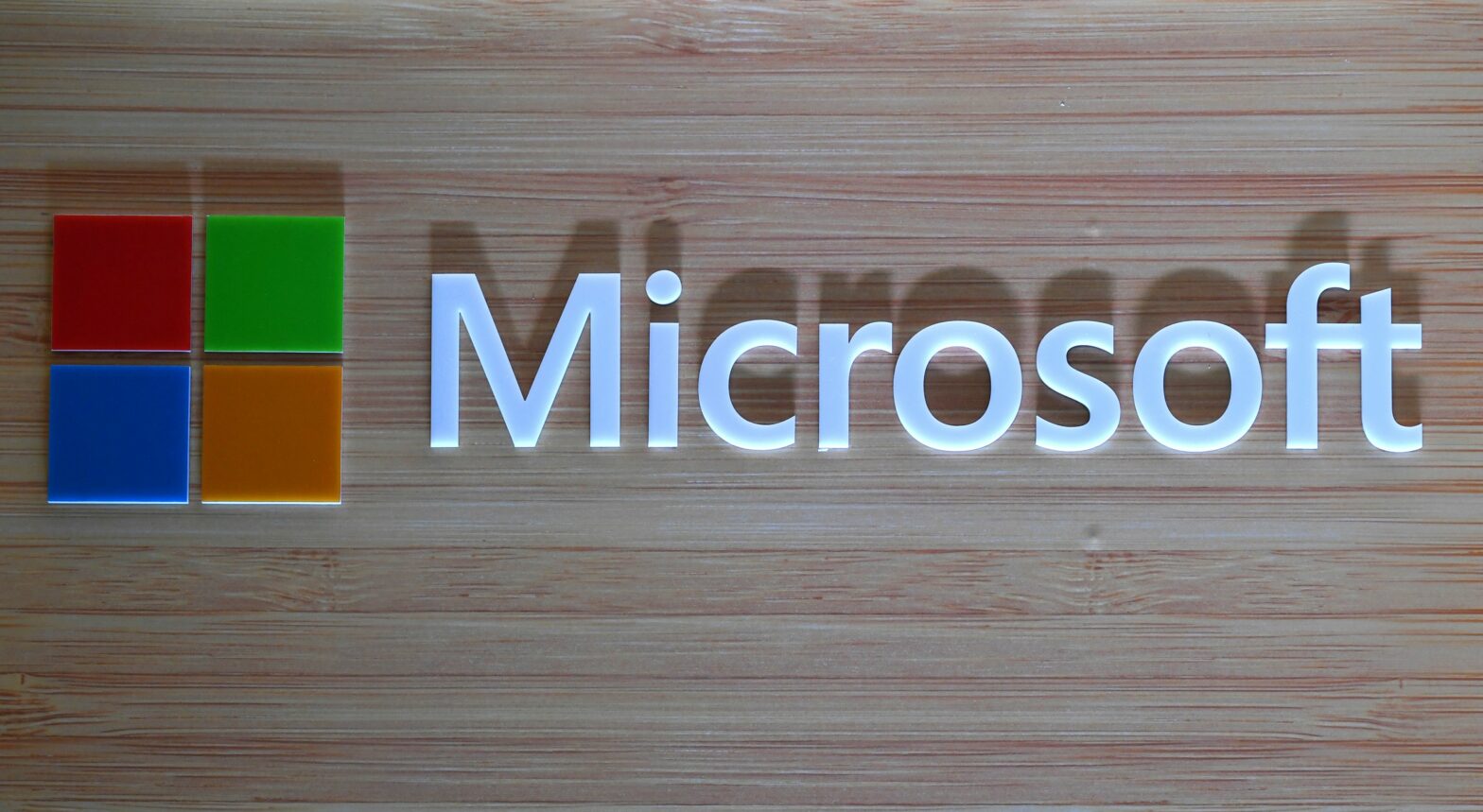|
|||||||||||
6 September 2002 Providing web services over the Internet can open a company up to law suits from companies all over the world, even ones where the service is not available, a top patent lawyer has suggested.
Jonathan Midgley, a partner at patent law specialist Marks and Clerks, said that the interconnected nature of the Internet means that web services traffic may still go to a country that has no users of the services.
“If something has an effect on people or machinery in a country, it is subject to the country’s laws,” he explains. “Web services operate on servers but have an effect on browsers or other software, even if they have no visible interface. And even if a web service does not ostensibly go to that country, you can usually find a router or some piece of networking equipment that is affected.”
Although the European Community and the UK do not allow the patenting of software or business processes, the US does and has already accepted controversial patents of processes such as Amazon’s ‘one-click’ ordering of products on its site and hyperlinking.
Online auction site eBay is being sued for infringing a patent of processes used in online auctions. However, many of these patents are being challenged in the US courts, BT’s hyperlinking patent already having been ruled invalid in one court.
If a company were to offer an online web service that conflicted with a US technology or business process patent, Midgley says, its only defences would be to claim the patent is too broad, invalid or had previously been used internally by the company before the patent came into effect – all of which would involve costly legal action.






